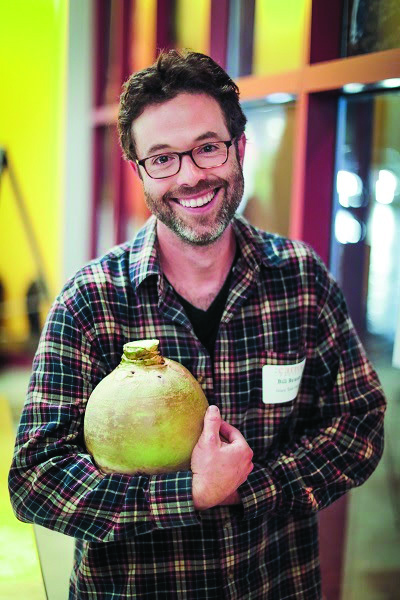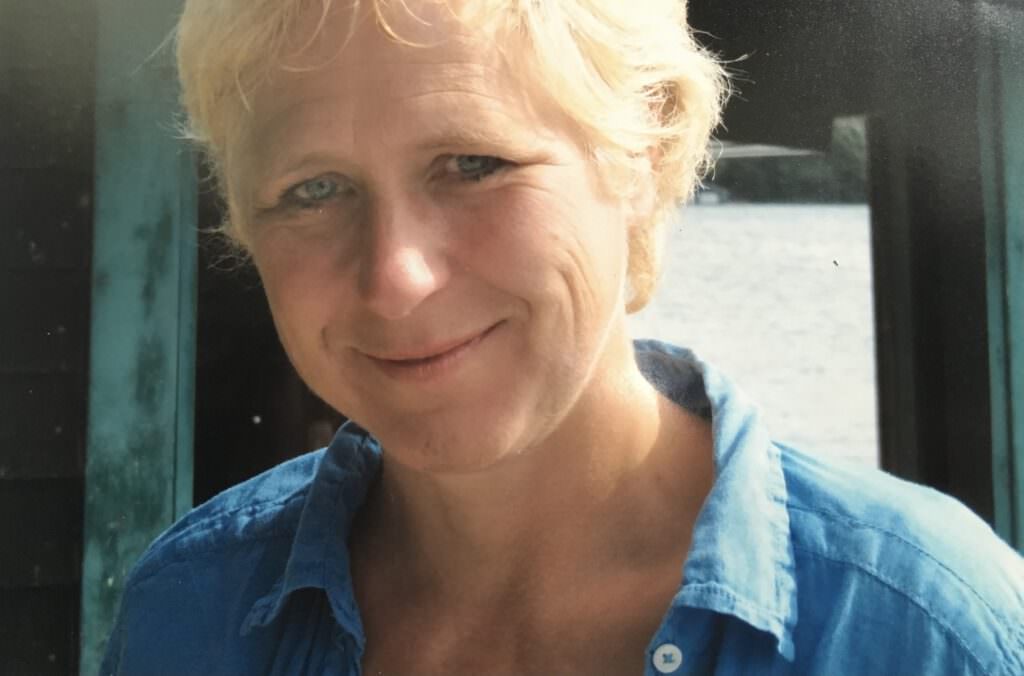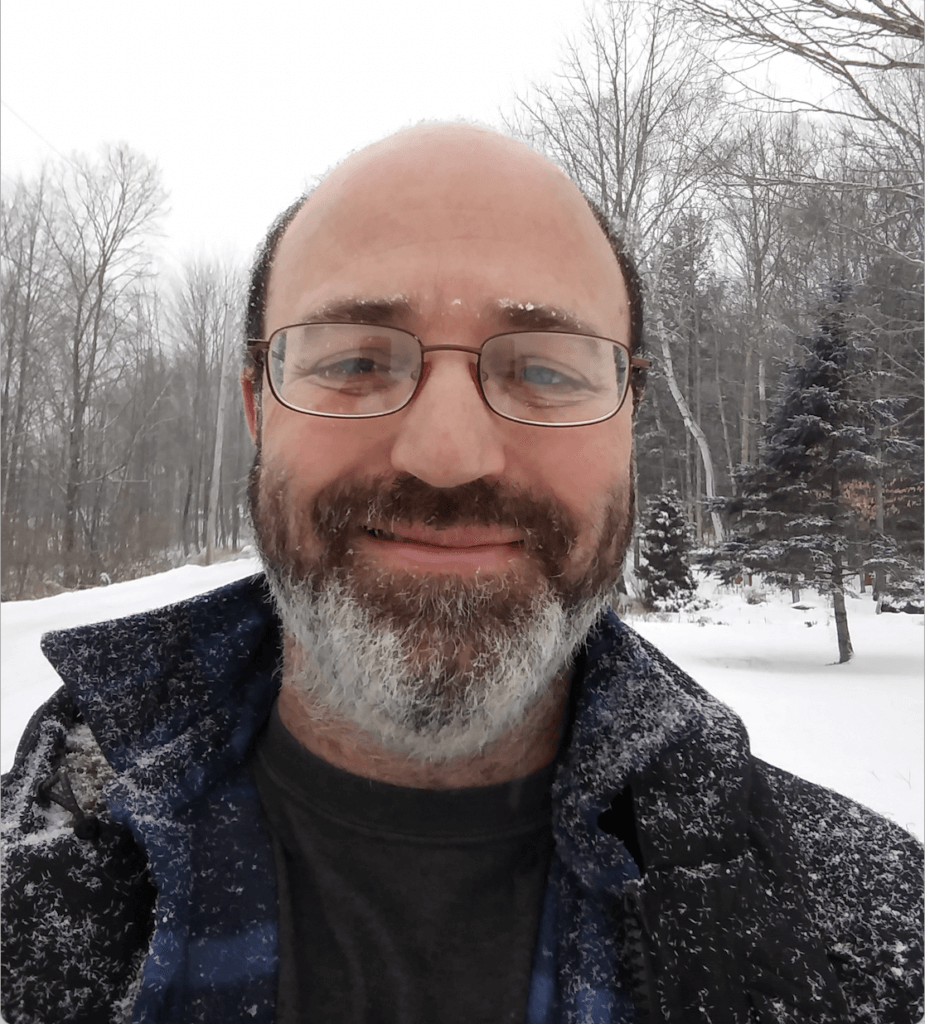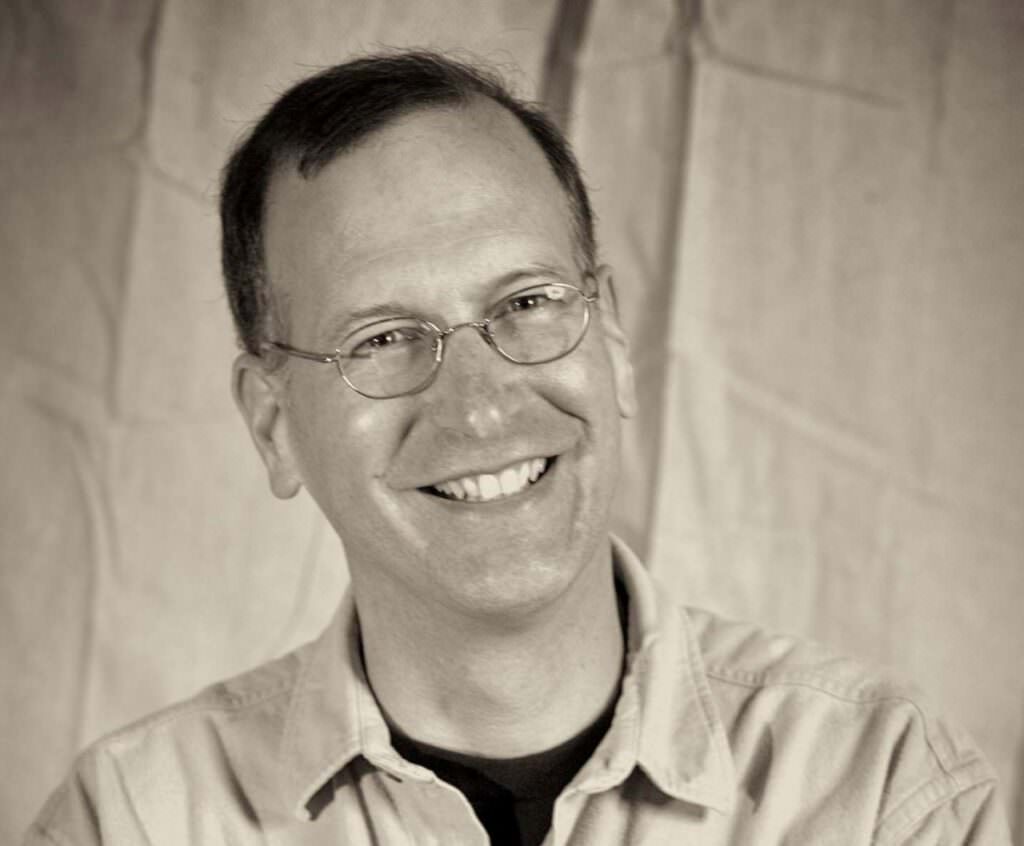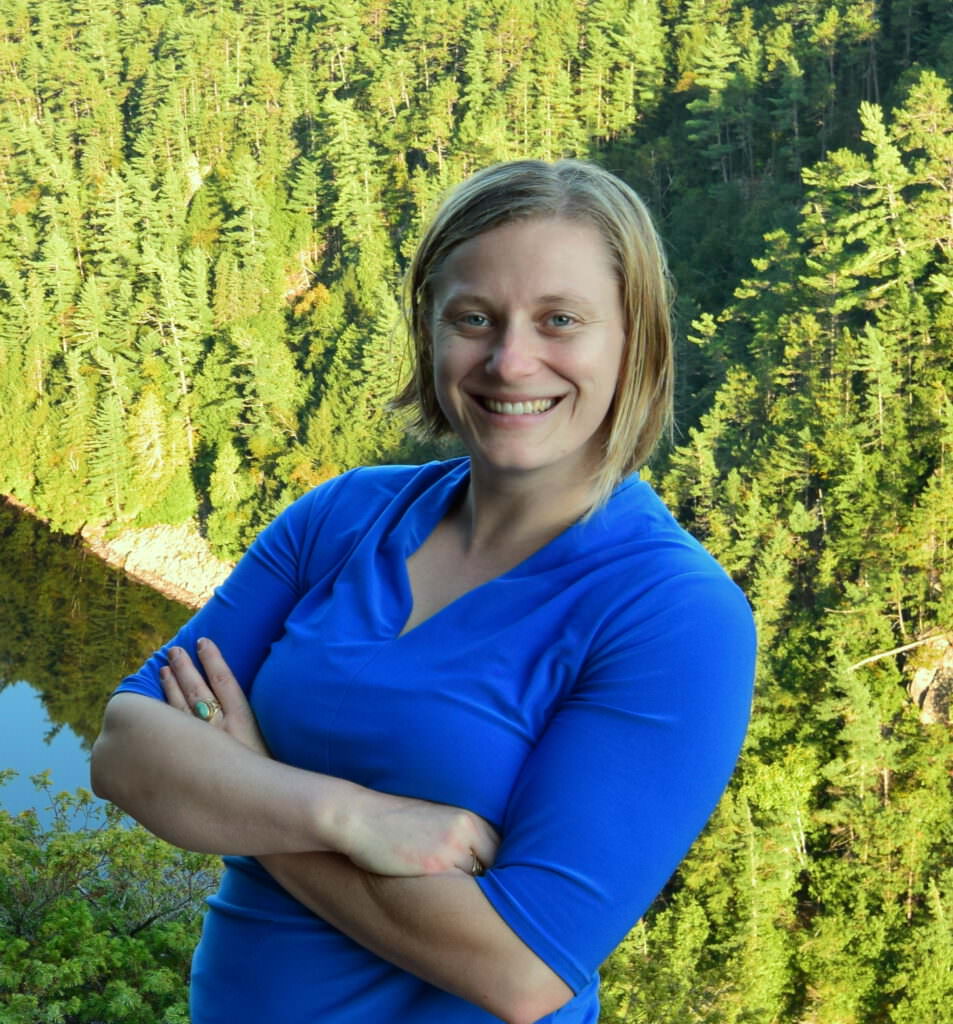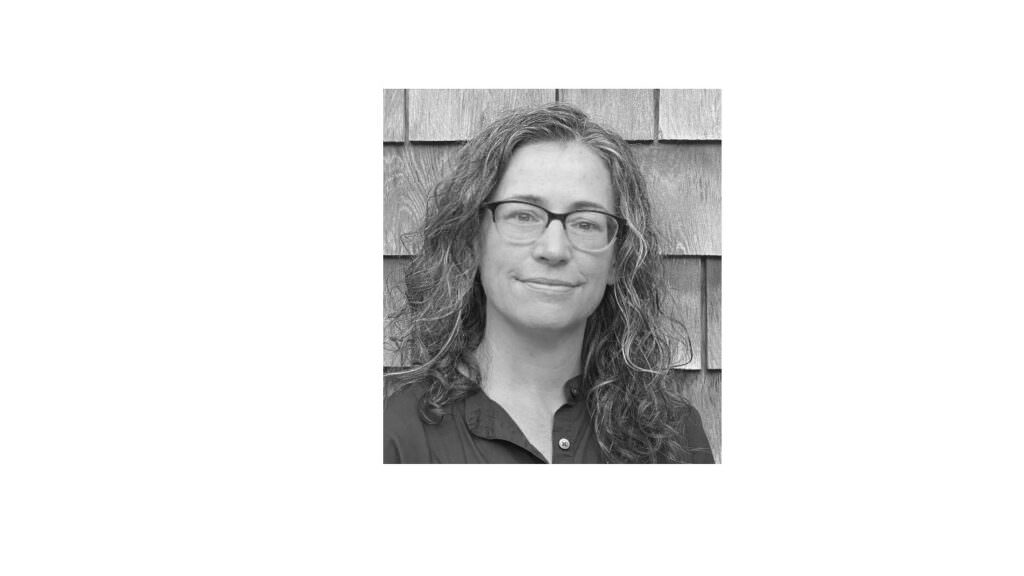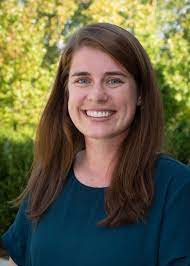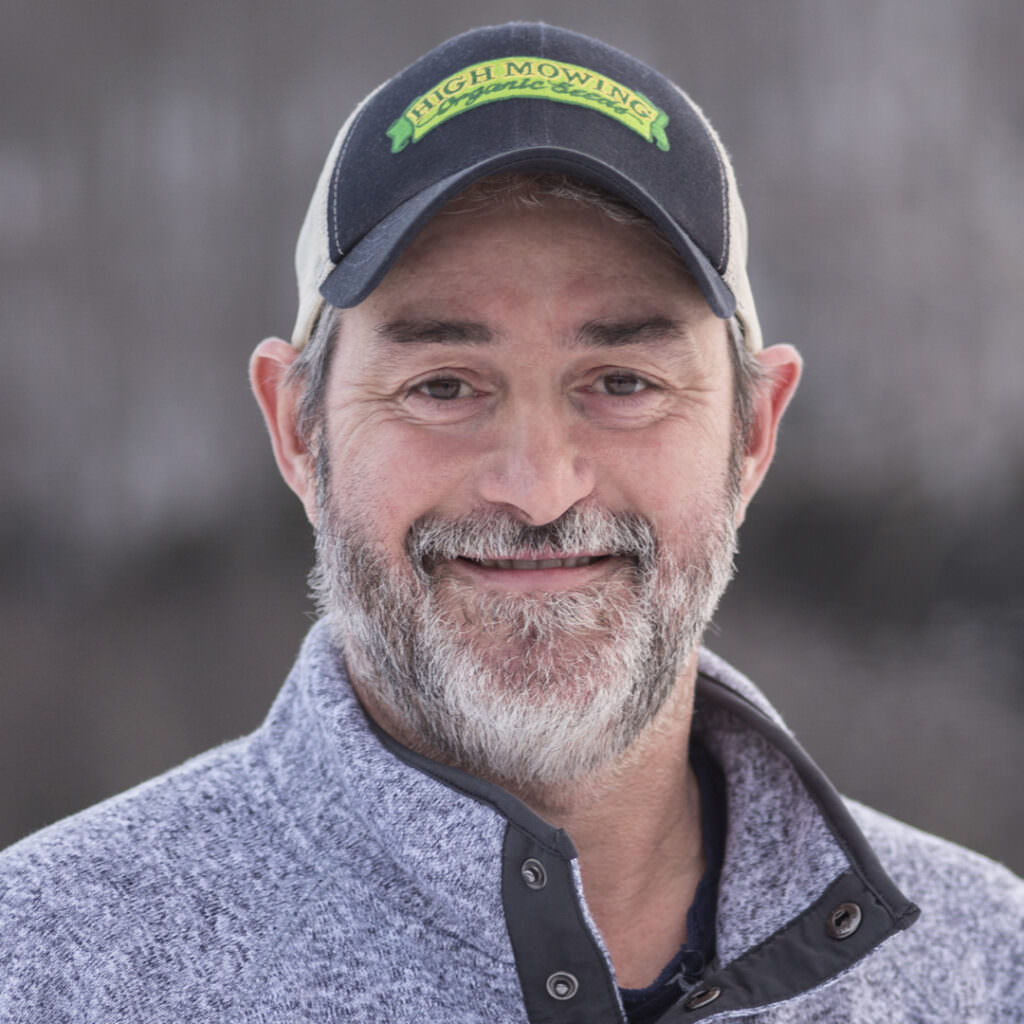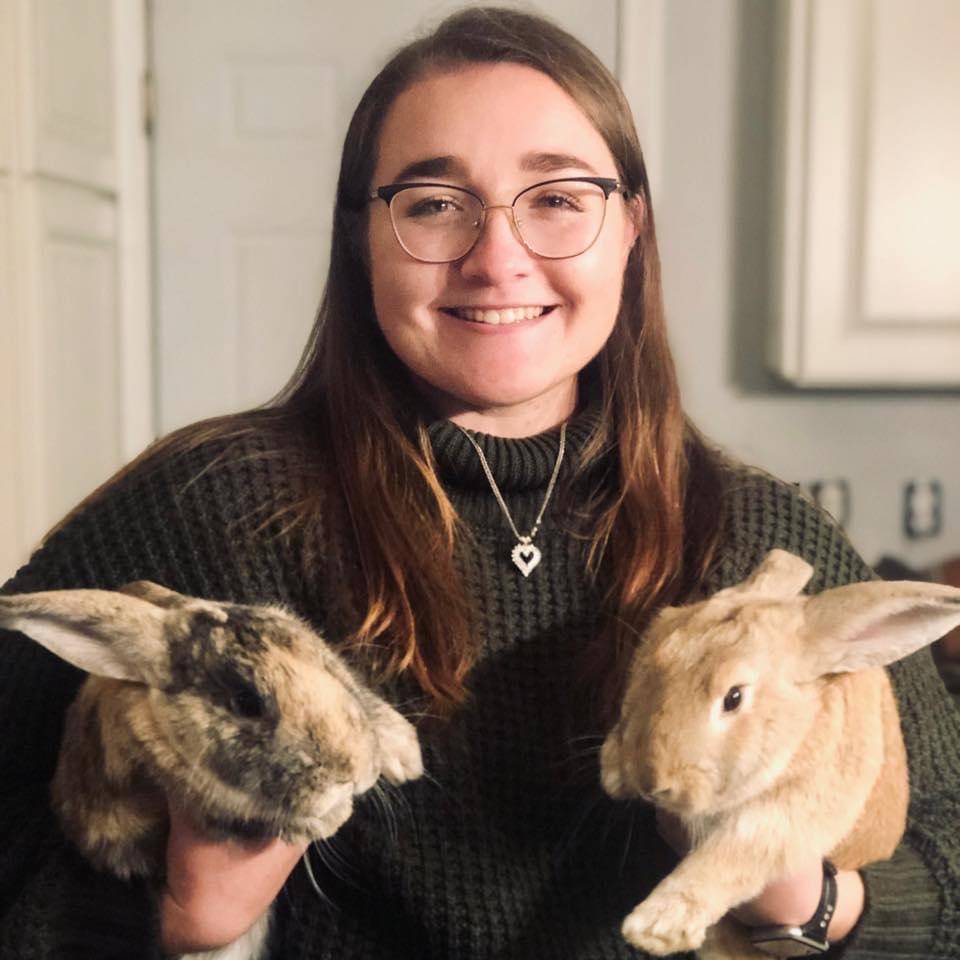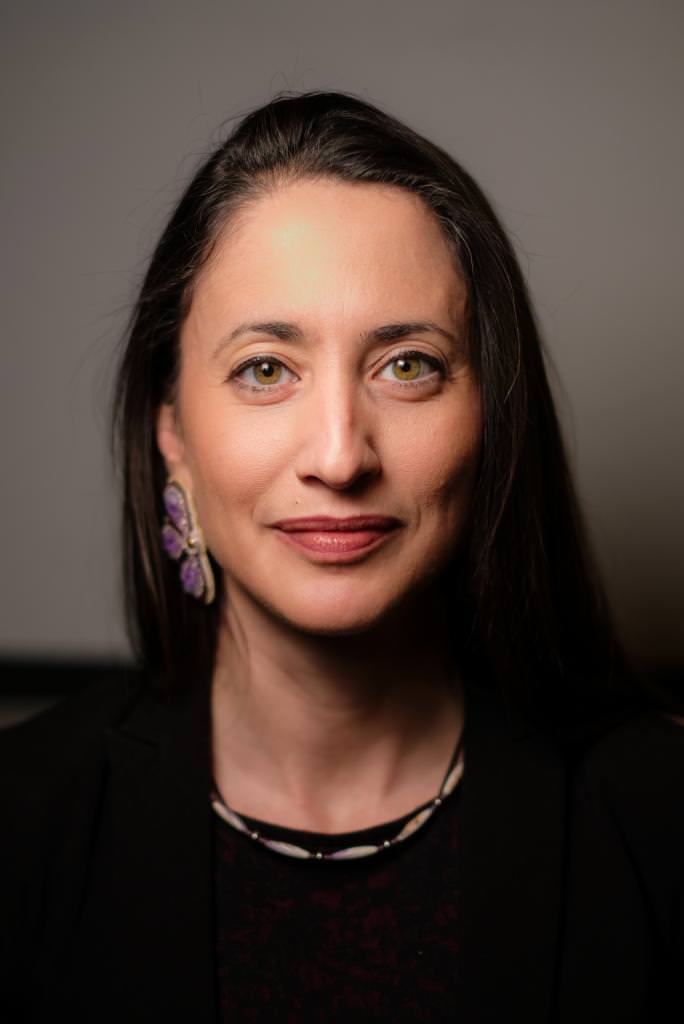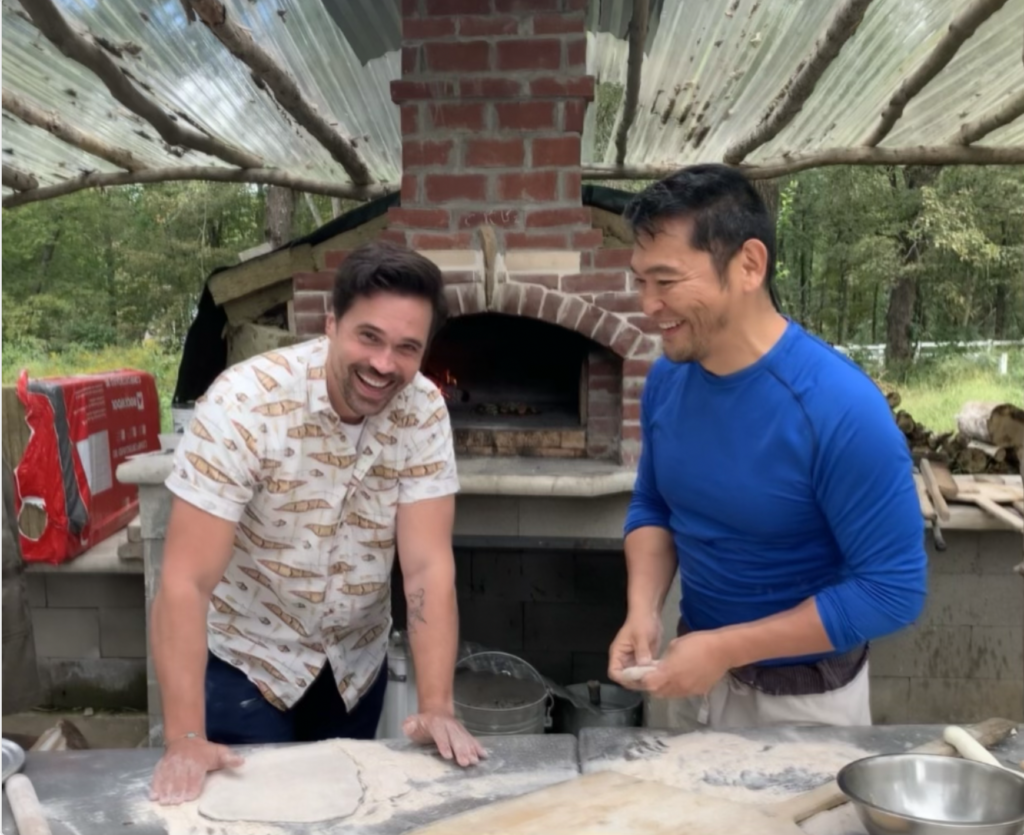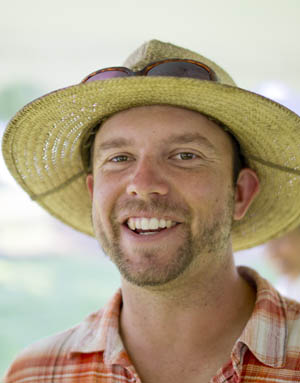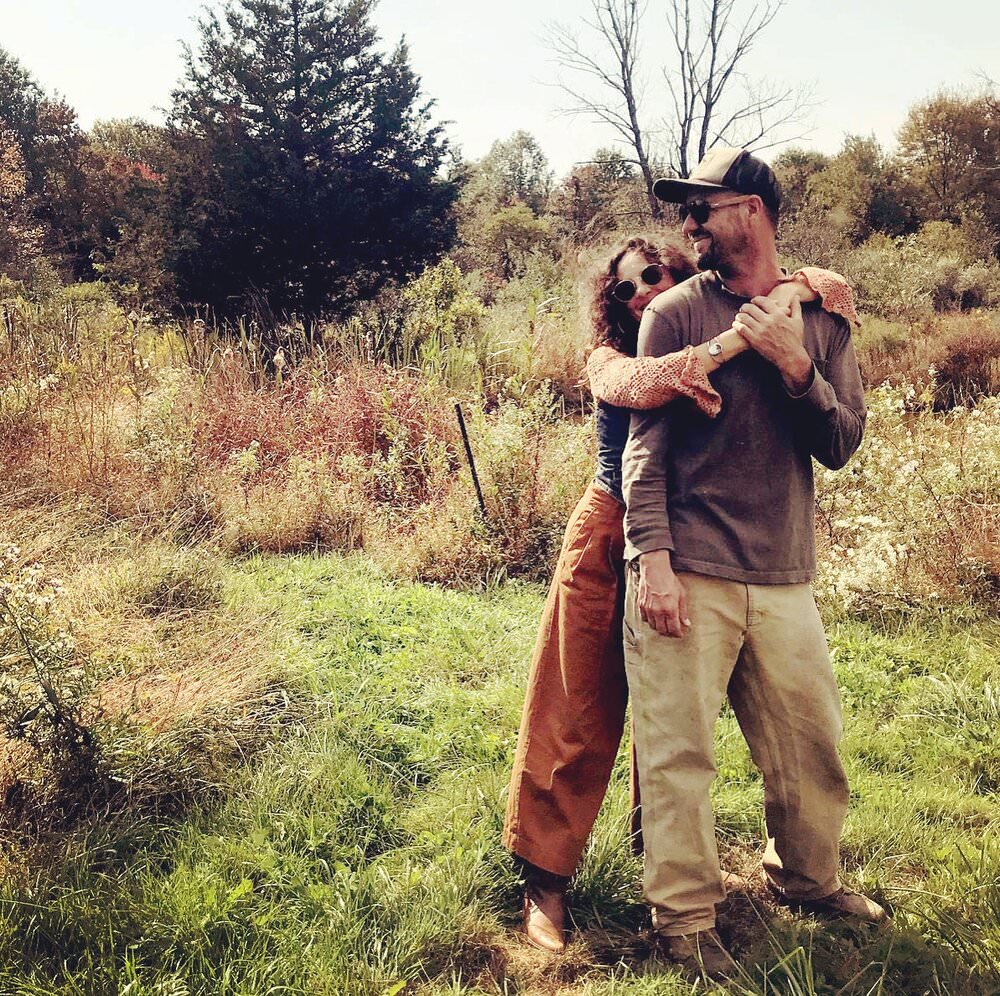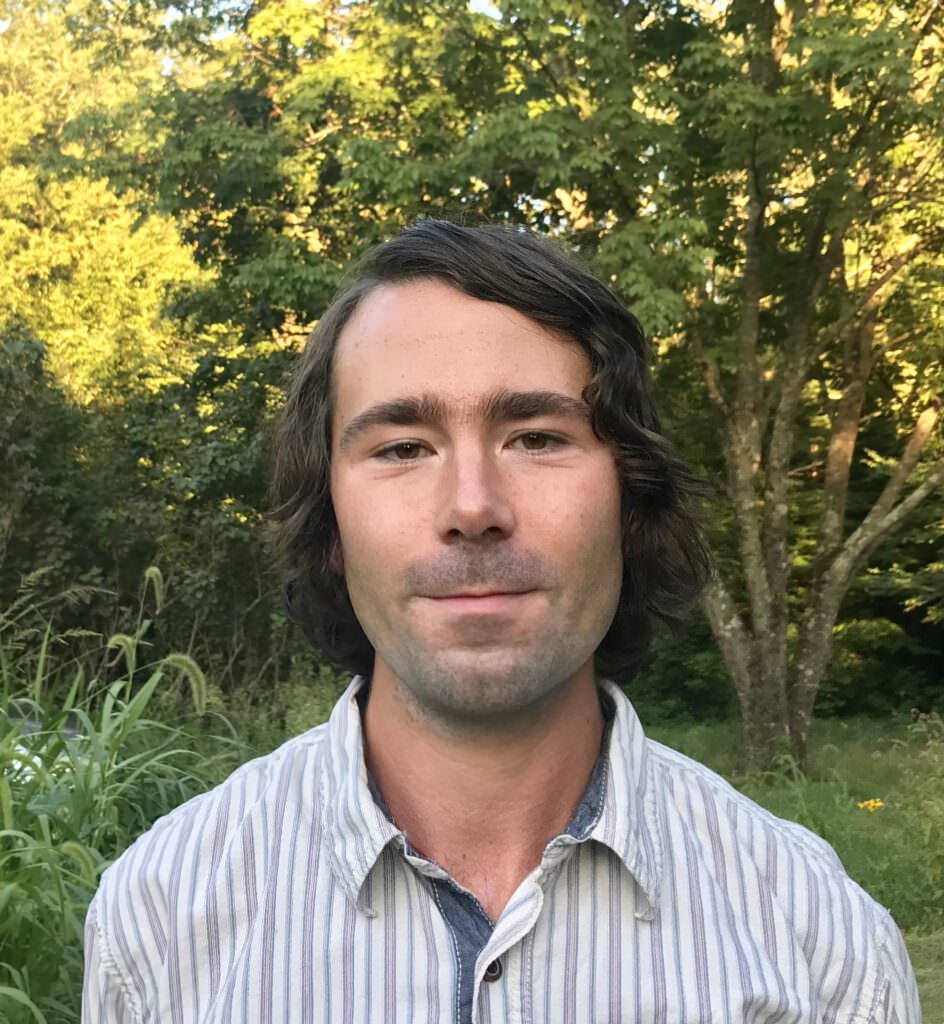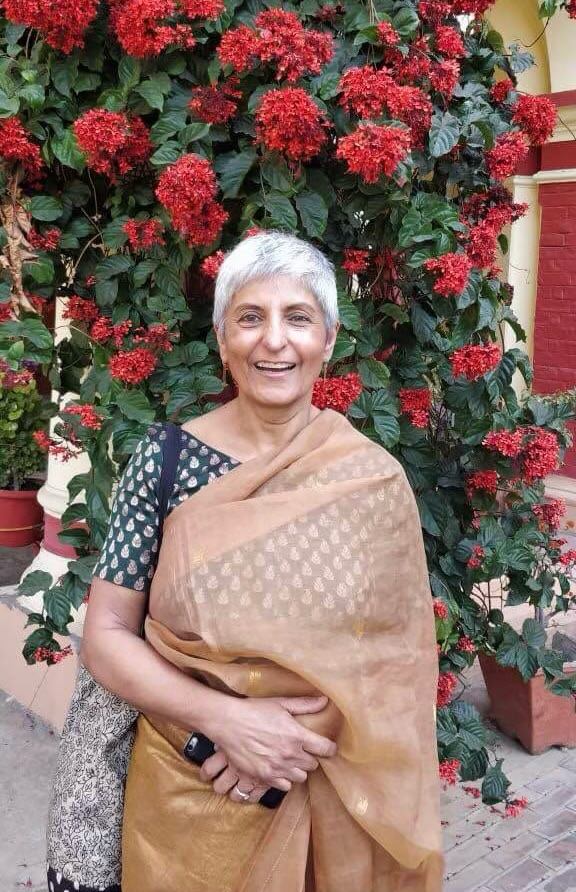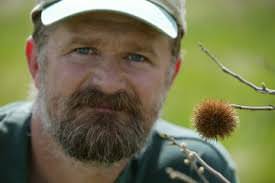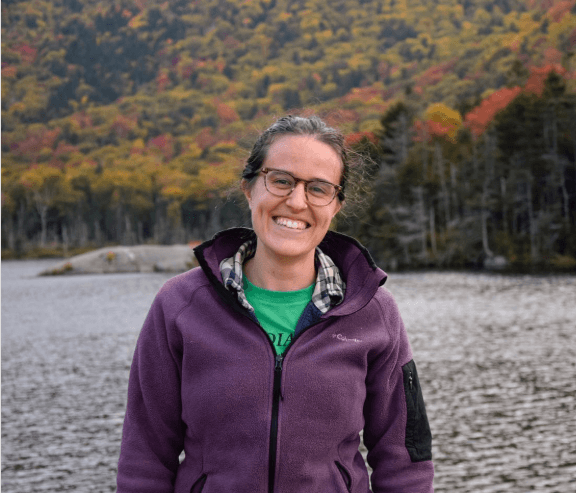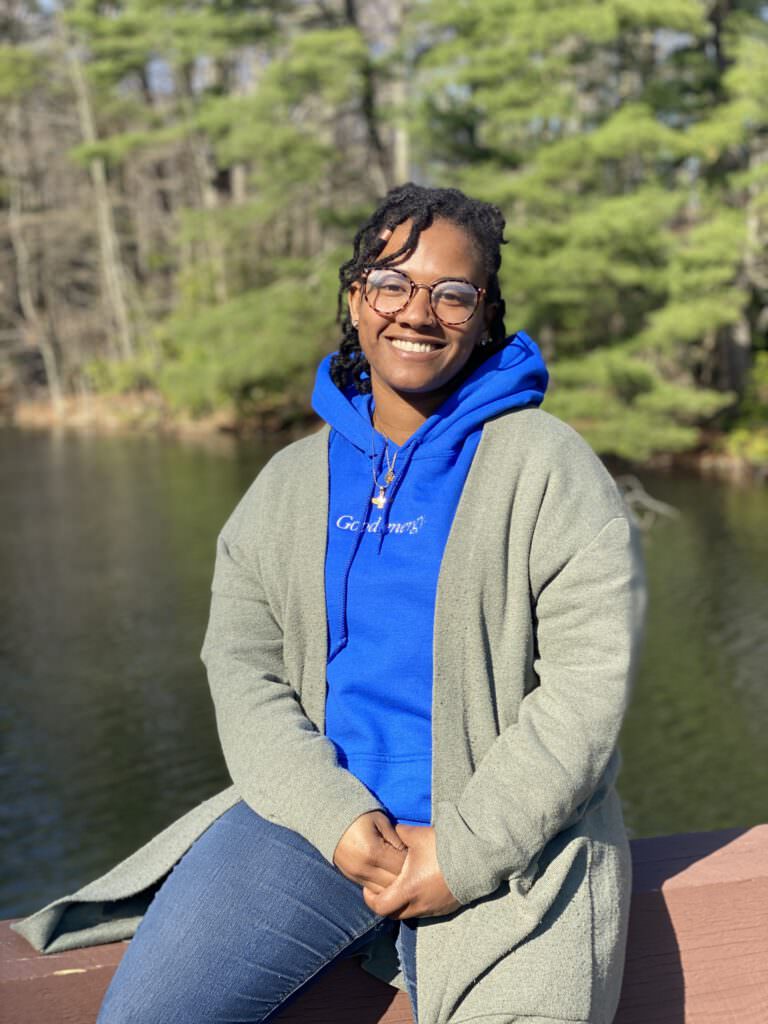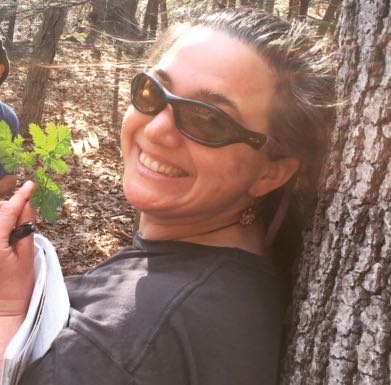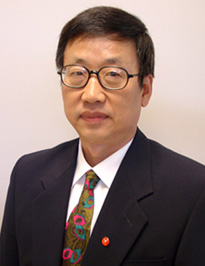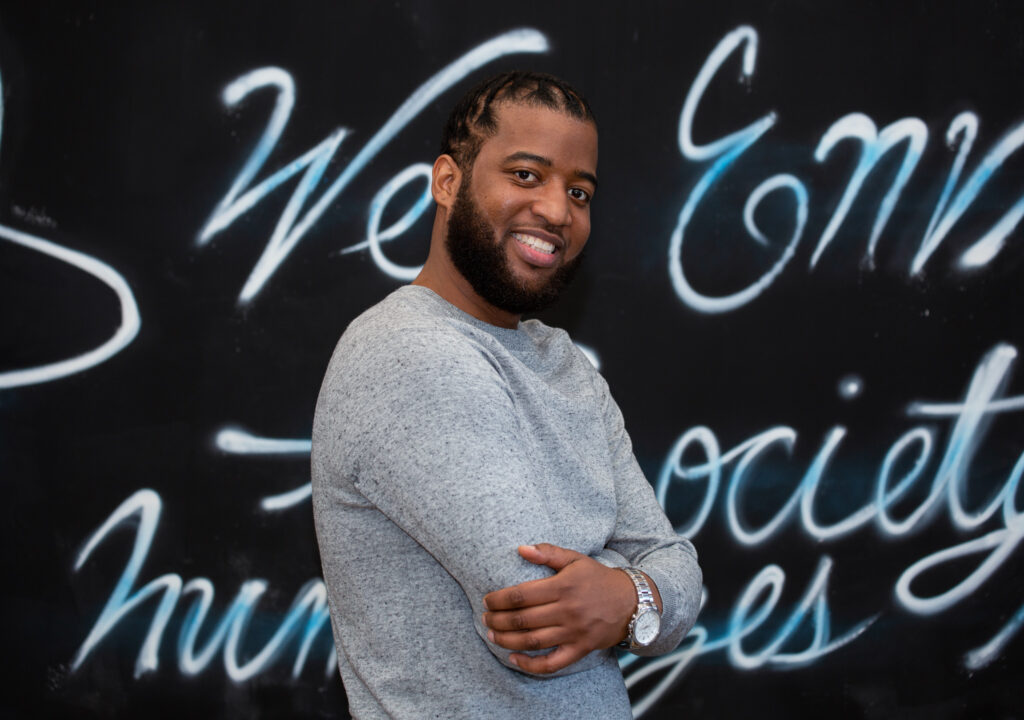
Speakers
SPEAKERS AT THE 40TH CT NOFA WINTER CONFERENCE
Bill Braun
Chicory Breeding at Ivory Silo Farm
Bill Braun is a farmer at Ivory Silo Farm in Westport, MA and co-founder/executive director of Freed Seed Federation, a 501(c)3 nonprofit dedicated to place-based seed for the people.
Monique Bosch
Zooming in on Life in the Soil
Monique has built over 40 edible school and community gardens and farms around the Northeast, including a 2-acre urban farm in Bridgeport CT. These days she works as Educational Coordinator and Soil Health Leader for CT NOFA, In addition she teaches ‘how to grow your own food’ and runs a worm composting business with her son Justin. She also studied ‘The Soil Food Web’ under Dr. Elaine Ingham, and teaches microscopy and soil health to farmers and organizations. Through microscopy and test trials, Monique explores the relationship between living soil and healthy, nutritious food.
Heron Breen
Making Our Seed Choices; Catalogs, Websites, Packets Oh My!
Heron Breen was born and lives in the Central Maine town of Saint Albans. In addition to a 20+ year career in the retail seed trade, Heron saves seed, produces seed for sale, and breeds plants in the Kennebec and Sebasticook watersheds (Wabanaki Lands).
Richard Cowles
Spotted Lanternfly
Dr. Richard Cowles has worked at the Connecticut Agricultural Experiment Station, Valley Lab, for 27 years. Although trained as an entomologist, he also conducts research on plant nutrition and plant pathology. His special interests include pest management in Christmas trees, small fruits, nurseries, and forests.
Annise Dobson
Jumping Worm Identification
Dr. Annise Dobson is a postdoctoral associate in the Yale School of the Environment. She studies the impacts of invasive species and climate change on food webs and soil. She is originally from the Ottawa Valley in Ontario, Canada, and received her masters and PhD from Cornell University.
Alexis Doshas
Propagation: Native Seeds- Tips and techniques for successful germination
Alexis Doshas is the nursery manager at Native Plant Trust’s nursery, Nasami Farm. Located in Whately, MA, her team, along with dedicated volunteers, produces thousands of northeast native plants from local, ecotypic seed to support healthy, resilient landscapes. She also oversees the common, wild seed collection program, and teaches classes.
Dr. Jessamine Finch
How to Maintain High Genetic Diversity in Founder Plots of Native Plants
Jessamine Finch is a Research Botanist at Native Plant Trust, where she manages the seed bank of the New England Plant Conservation Program. She holds a BA in Biological Sciences, a PhD in Plant Biology and Conservation, and is Plant Conservation Biology Fellow at the Oak Spring Garden Foundation (2022).
Paul Feenan
From Seed to Harvest: Optimizing Your Seed Investment
Paul Feenan has spent thirty years in the field of diversified agriculture. Paul joined the team at High Mowing in 2018 after leading the farm program at the Vermont Youth Conservation Corps for many years. Paul is committed to helping growers to find the right seeds for their operations.
Maggie Gotterer
Engaging Children in Wilderness/Agriculture Education
Maggie is the Executive Director at Two Coyotes Wilderness School, a nonprofit nature mentoring organization that connects people with nature, community, and self. She serves on the boards of Green Village Initiative and Bridgeport Generation Now and is grateful to be raising her young family in community in Bridgeport.
Elizabeth Hoover
Seed sovereignty and ‘Our Living Relatives’, in Native American Community Farming and Gardening
Elizabeth Hoover is an associate professor in the Department of Environmental Science, Policy and Management. Her research focuses on Native American environmental health and food sovereignty movements. Her first book The River is In Us; Fighting Toxins in a Mohawk Community, (University of Minnesota Press, 2017) is an ethnographic exploration of Akwesasne Mohawks’ response to Superfund contamination and environmental health research. Her second book project From ‘Garden Warriors’ to ‘Good Seeds;’ Indigenizing the Local Food Movement (University of Minnesota Press, forthcoming) explores Native American farming and gardening projects around the country: the successes and challenges faced by these organizations, the ways in which participants define and envision concepts like food sovereignty, the importance of heritage seeds, the role of Native chefs in the food sovereignty movement, and convergences between the food sovereignty and anti-pipeline and anti-mining movements. She also co-edited, with Devon Mihesuah, Indigenous Food Sovereignty in the United States: Restoring Cultural Knowledge, Protecting Environments, and Regaining Health (University of Oklahoma Press, 2019). She has published articles about food sovereignty, environmental reproductive justice in Native American communities, the cultural impact of fish advisories on Native communities, tribal citizen science, and health social movements.
Azeem Kareem
Farming while BIPOC
Azeem Zakir Kareem is the mindset coach of Samad Gardens Initiative, an organizer in local agriculture and a Hip Hop artist whose work is always to uplift the people.
Chef Bun Lai
Valentine’s Day with Chef Bun Lai. A hot and steamy conversation about food as it relates to love.
Chef Bun Lai is sustainable living advisor whose passion is to help people transform their lives through the rebuilding of their relationship with food. His mission is to help motivated people avoid diet-related chronic diseases such as obesity, type two diabetes, heart disease, dementia, Alzheimer’s, Parkinson’s, and certain cancers, extend the healthy years of their lives, reverse markers of aging, while increasing the overall quality of their lives. As the Director of Nutrition for New Haven Farms, he has taught healthy food preparation and nutrition to pre-diabetic clients. He is, also, passionate and experienced in fitness and athletics. As a wrestling coach, he has mentored state and New England champions, including world-class Mixed Martial Arts coach, John Clarke of Broadway Jiu Jitsu, as well as cornering in the finals of Nationals and The Olympic Trials for Sally Roberts. As as a speaker, he has spoken at Harvard School of Public Health, Culinary Institute of America, National Geographic, CNN, ABC, NBC, FOX, NPR, NHK, and the White House. Additionally, he has been featured in countless international media including Eating Well, Prevention, Outside, Popular Mechanics, Popular Science, New York Times, The New Yorker, Mental Floss, and Wired.
Chef Bun Lai is the recipient of the 2016 White House Champion of Change Award, a 2018 James Beard Award finalist for the Blind Sushi documentary, an author that has written articles for Scientific American, Harvard Design, and The Hill. His family’s restaurant, Miya’s, is the first sustainable sushi restaurant in the world and continues as pop-ups.
Chef Bun Lai can be reached on social media (Twitter and Instagram: @cookinforpeace) and via email at miyassushi@gmail.com
Dr. Ana Legrand
The Who, Why, and How of Insect Parasitoids
Dr. Ana Legrand is an entomologist with expertise in IPM and biological control. She obtained her PhD in entomology from the University of Maryland and currently works in the Department of Plant Science and Landscape Architecture at UConn. Research projects in her lab focus on conservation biological control and trap crops for brassica and cucurbit insect pests.
Steve Munno
Feed Your Community with SNAP Online
Steve Munno is the Farm Manager at Massaro Community Farm in Woodbridge, Connecticut, a non-profit, certified organic farm, which operates a CSA, sells to local markets, offers on-farm educational programs and events, and donates at least 10% of its annual harvest to hunger relief organizations. Steve was a co-founding member of the New CT Farmer Alliance and currently serves as a CT NOFA board member.
Lindsay Napolitano
Fields Without Fences Virtual Farm Tour: Integrating Ecological Restoration & Agricultural Production
Lindsay is a farmer, herbalist, and ecological designer living within the fields and forests of the Delaware River Watershed. As co-founder of Fields Without Fences, a 45-acre agroforestry operation and farm design service, you can find her outside, aiding and abetting the plants in their ceaseless quest for world domination.
Joseph Orefice, Ph.D.
Silvopasture for Southern New England
Joseph Orefice, Ph.D. serves as a Lecturer and Director of Forest & Agricultural Operations at The Forest School at the Yale School of the Environment. He also integrates silvopasture practices into Hidden Blossom Farm, which he owns and operates in Union, CT.
Michael Piantedosi
Practical Guidelines for Sustainable Seed Collection
Michael Piantedosi began his career in botany as a researcher at the Univ. of New Hampshire (UNH), where he received a degree in plant biology. In 2019, Michael was appointed as Director of Conservation at Native Plant Trust.
Shannon Raider-Ginsburg
Cliff Notes: A Short Guide to Preparing for the Growing School Market
Shannon Raider-Ginsburg has worked as a farmer, educator, farm to school advocate and consultant. She is the program coordinator at UConn Extension Put Local on Your Tray.
Johann Rinkens
Agroforestry Roundtable | Moderator
Johann is a farmer and ecological designer practicing and consulting on regenerative land relationships. He is a co-founder of Fields Without Fences, a 45-acre agroforestry operation and farm design & installation service. In service to farmers, organizations, and land stewards throughout the northeast, Johann advises and consults on diverse agroecology and regenerative agriculture projects. His background in anthropology, agrarian land reform, and more than 15 years of work in the field as an organic farmer, combine to inform his perspective on integrated, place-based, and functional ecological design and farming operations.
Deepika Saksena
Zero Waste Lifestyle: Choices you can Make
Deepika Saksena is a co-founder of the Darien Pollinator Pathway and is on the board of the Pollinator Pathway Northeast and the Darien Nature Center. She practices near zero-garbage and is actively involved in efforts to reduce the use of disposable single use items. She is an advocate for environmental justice and is actively involved in promoting poison free food production and a chemical free environment. She is an accredited CT NOFA AOLCP and has an ever-evolving organic native garden that she started in 2010 to provide a native habitat for the birds, butterflies and other pollinators. This has now expanded to her work with the Pollinator Pathway.
Mark Shepard
Agroforestry: Stepping Into the Hazelnut Market in the Northeast
Mark Shepard heads Restoration Agriculture Development and Forest Agriculture Nursery, but is most widely known as the author of the award-winning book, Restoration Agriculture: Real-World Permaculture for Farmers. Restoration Agriculture is based off his experiences at, New Forest Farm, and represents his belief in the ability of sustainably grown perennial food crops to feed us into “our resource-compromised future”.
New Forest Farm, located in Viola, Wisconsin, was once a worn-out rowcrop farm and has since become a 106-acre showcase commercial-scale perennial agricultural operation. It is considered by many to be one of the most ambitious sustainable agriculture projects in the United States.
Trevor Smith
Nature Based Landscape Solutions
Trevor Smith is the Design and Education Manager at Weston Nurseries. With over 20 years of field experience as an entrepreneur and award-winning regenerative landscape designer. Trevor specializes in landscapes designed to maximize Earth’s systems while balancing them with the needs of Her human inhabitants.
Cyrena Thibodeau
Navigating CT FarmLink for Land Access & Farm Growth
Cyrena works at the Connecticut Department of Agriculture on CT Farmlink and several food access and food system infrastructure grant programs, as well as beginning and BIPOC farmer outreach and co-coordinating the state food policy council.
Karen Vanek
Agroforestry Roundtable
Karen Vanek is the Nursery Division Manager for Forest Agriculture Nursery as well as the Senior Project Coordinator for Restoration Agriculture Development, both headquartered in Viola, WI. For the past twelve years, she has been been a part of designing and installing food systems from intensive quarter-acre edible landscapes to dynamic ecological agricultural systems spanning hundreds of acres and tens of thousands of crop-producing trees and shrubs with emphasis on hazelnuts and chestnuts in establishing integrative staple foods cropping systems.
Ayanna Wright
Book Disussion: Farming While Black- Dismantling Racism Through Food Equity
Ayanna Wright (she/they) is the Community Engagement Coordinator for the Russell Library in Middletown, CT. When Ayanna is not at work, you can usually find them in the kitchen recreating a new recipe or outdoors doing a seasonally appropriate activity!
Melody Wright
Introduction to Growing Medicinal Herbs: Focus on Herbs for Seed Saving
Melody Wright is the founder of Pleasant Valley Botanicals, a “farmlet” in northwest Connecticut committed to growing vibrant medicinal and culinary herbs for the local community. Melody is passionate about growing and teaching about plants because of her belief in medicinal herbs as integral parts of affordable and holistic health care and agricultural systems.
Dr. Yonghao Li
Organic Plant Disease Control
Dr. Yonghao Li, a plant pathologist, runs the Plant Disease Information Office at the Connecticut Agricultural Experiment Station in New Haven, Connecticut. He has more than 30 years of experience in gardening, disease diagnostics, and pest management.
Freedom Gerardo
Navigating CT FarmLink for Land Access & Farm Growth
Freedom Gerardo is co-founder of SEAmarron Farmstead and E&G Community Builders, both of which were founded with one thing in mind: building people power in BIPOC communities. His life is dedicated to organizing youth, teaching them about their individual and collective power – and the power and potential of their communities. Coming from a career focused on ending food insecurity, he is now building a multi-layered, long-term agenda to leverage farming and community organizing to build power and reimagine a new justice and equity centered food system connected to a regional economic ecosystem and revolution in natural building, materials, medicines, and urban revitalization.

